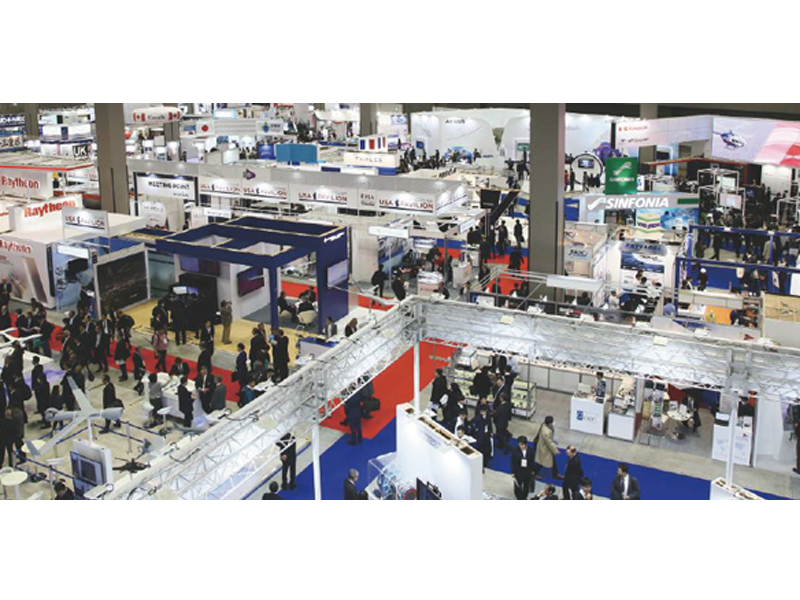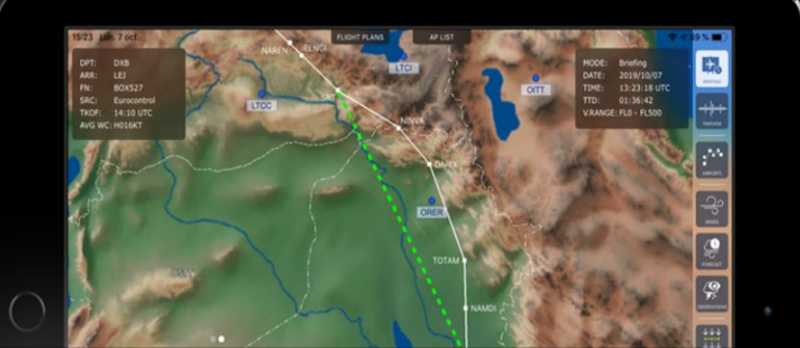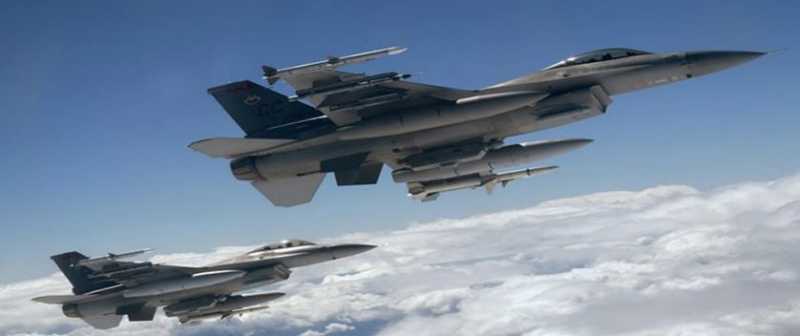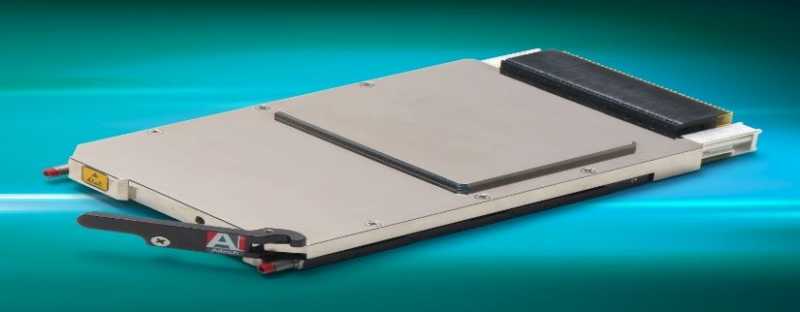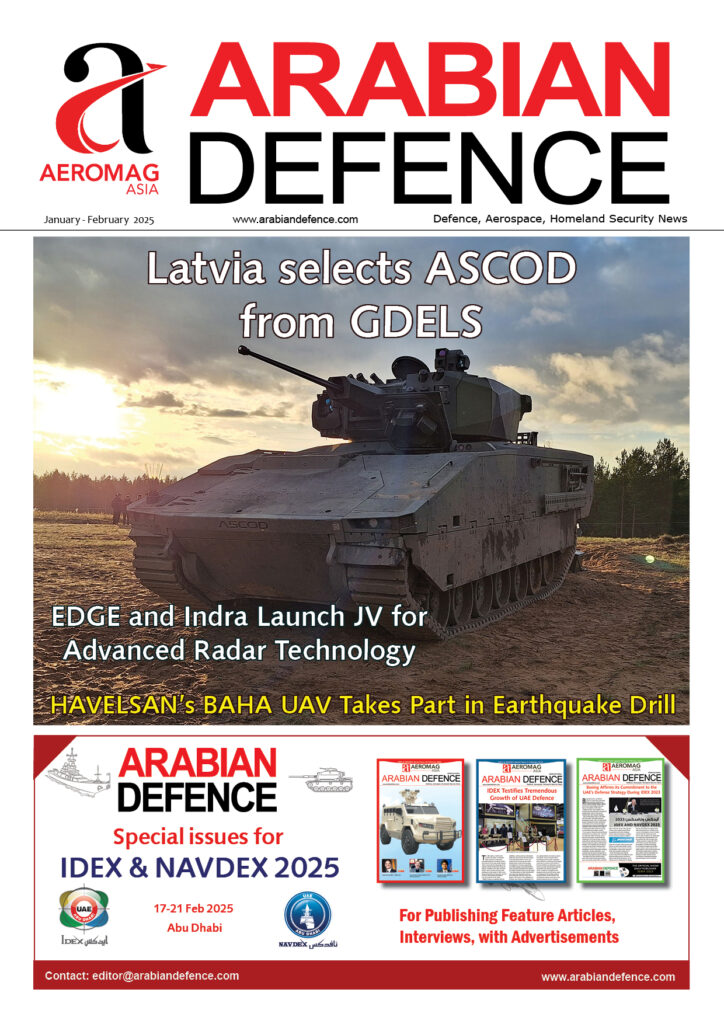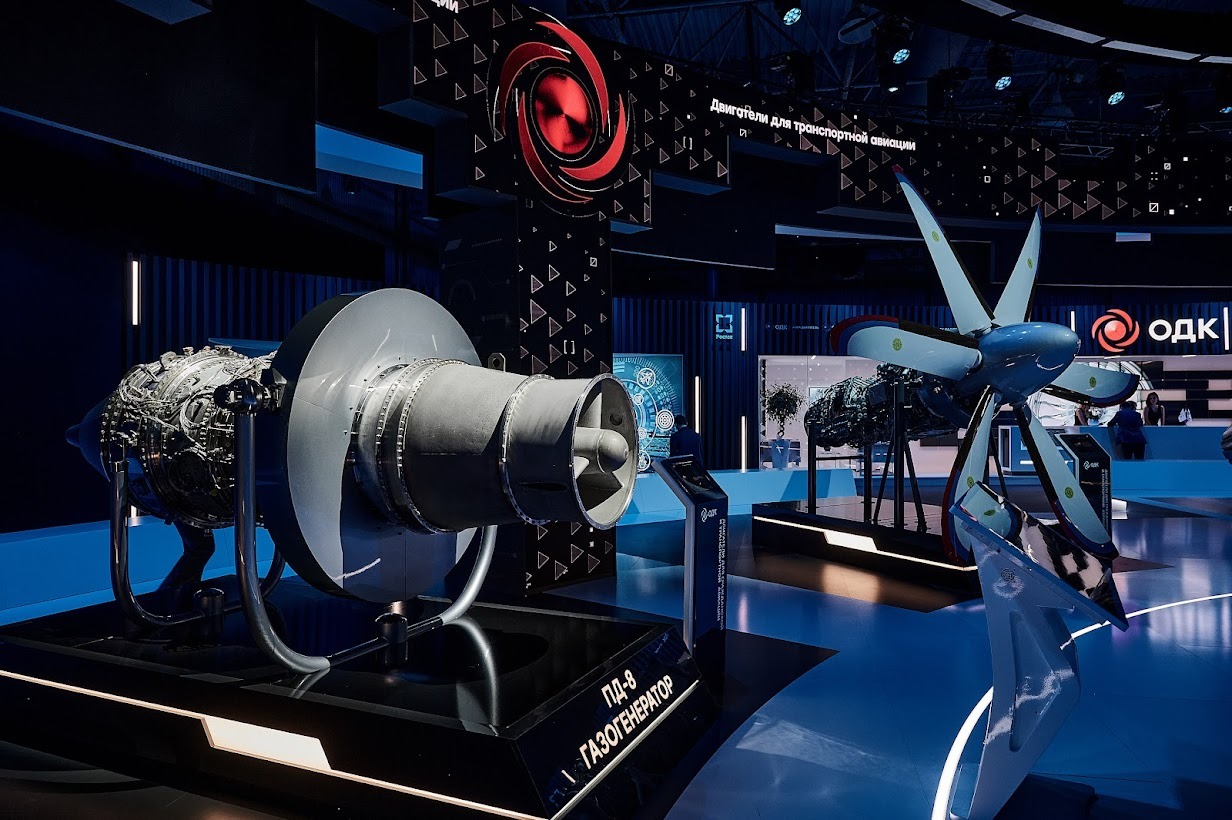
The Rostec United Engine Corporation has successfully completed the bench testing program for the first prototype of the PD-8 engine. The tests confirmed that the engine and its systems can operate according to the basic parameters laid down in the terms of reference, and that the design solutions used in the product are correct.
During the multi-stage tests, the ODK specialists debugged the automatic control systems and stabilized the engine start-up with further idling. Engineers made the necessary number of runs to record the basic parameters of the engine in all modes of operation, from “idle” to “full throttle” mode.
“The completion of bench tests of the first PD-8 prototype is the most important stage in the development of a new Russian engine for civil aviation, primarily for the import-substituted Superjet 100. Next comes the testing of individual engine components on autonomous stands. It is also planned to test the engine using the IL-76LL flying laboratory aircraft and to carry out a large set of engineering calculations. All this is part of the work to confirm that the performance indicators of the tested engine meet the requirements of the certification basis for the PD-8 engine,” says Vladimir Artyakov, First Deputy CEO of Rostec State Corporation.
The PD-8 two-spool turbofan engine, intended for the import substituted passenger aircraft SSJ-New and BE-200 amphibious aircraft, is made using cutting-edge Russian materials and advanced processing technologies, including additive manufacturing. A range of UEC enterprises is involved in the process, widely leveraging the expertise gained when working on the PD-14 engine.
“The test program included measuring of parameters to assess the thermal condition, durability and vibration resistance of engine parts and components during operation. Its air, oil and fuel systems have been checked. The condition of parts and components of the PD-8 prototype engine was assessed during the test using 500 special sensors. The data obtained with their help are subject to further analysis to assess the operability of the main components and systems,” says Yury Shmotin, General Designer of UEC JSC

